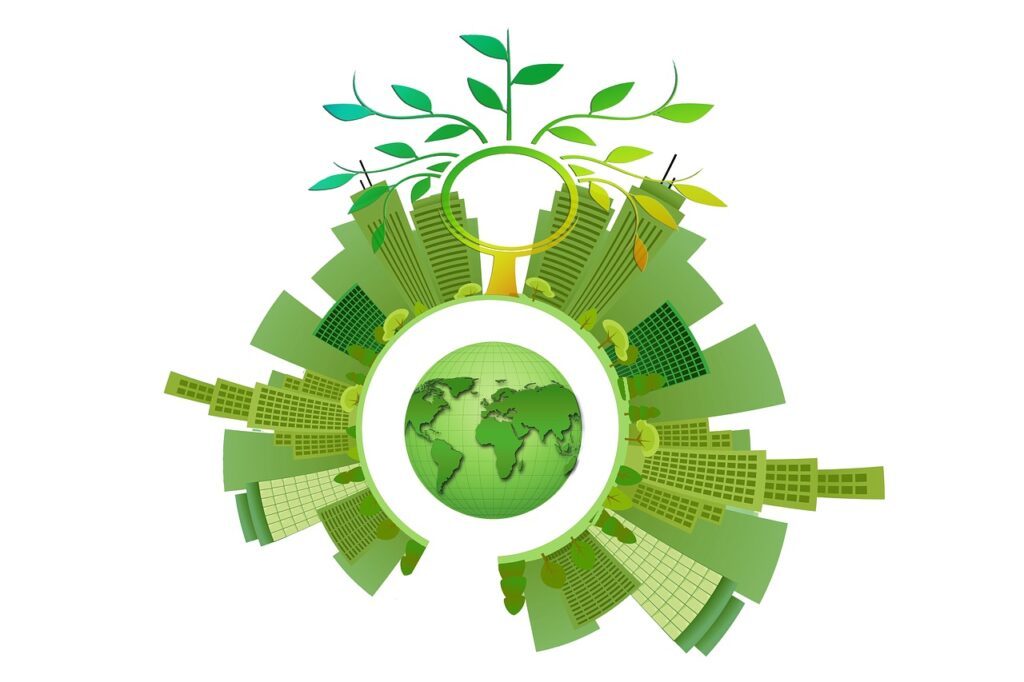
Post-colonial Self-sustainable Farming in South Africa
Modern technology now dominates agriculture, but its large-scale, industrial methods have caused significant environmental damage. This includes soil degradation, biodiversity loss, and increased greenhouse gas emissions. Traditional African farming, transformed by colonial influence, now faces sustainability challenges. Regenerative agriculture offers a solution by emphasizing eco-friendly practices that enhance biodiversity, soil health, and carbon capture, promoting sustainable, small-scale farming to ensure food security and rural resilience.





